The technological changes are just like a tsunami
Don’t underestimate the impact of disruptive tech
Information technology evolves through disruption waves. First the computer, then the web and eventually social networks and smartphones all had the power to revolutionize how people live and how businesses operate. They destroyed companies that weren’t able to adapt, while creating new winners in growing markets.
Today technological change happens like a tsunami
The technological revolution that companies face today is different from the one in the past. The technological revolution today can be destructive, while in the past it was far more slow-paced.
Digitization is a step change even greater than the internet. Exponential technology advances, greater consumer power and increased competition mean all industries face the threat of commoditization.
Something interesting is happening
- Largest accommodation provider owns no real estate (Airbnb)
- Largest phone companies own no telco infra (Skype, WeChat, WhatsApp)
- Largest taxi companies own no taxis (Uber, MyTaxi)
- Worlds most valuable retailer has no inventory (Alibaba)
- Most popular media owner creates no content (Facebook)
- Fastest growing banks have no actual money (SocietyOne)
- World’s largest movie house owns no cinemas (Netflix)
- Larges software vendors don’t write the apps (Apple & Google)
The technological changes are just like a tsunami. Though there are signs leading up to the storm, at some point it hits suddenly.
Fast fish eats slow fish – Disruptive change!
Digitization is challenging, undermining and disrupting how businesses operate
The real imperative in a world where “everything” is digitized is that businesses need to pursue innovation to disrupt their own business model before the competition does. Without innovation strategies, companies will lose their competitive advantage in an increasingly commoditized world.
In the new world, it is not the big fish which eats the small fish, it’s the fast fish which eats the slow fish. In other words, it isn’t the size of the fish; it’s the motion of the ocean.
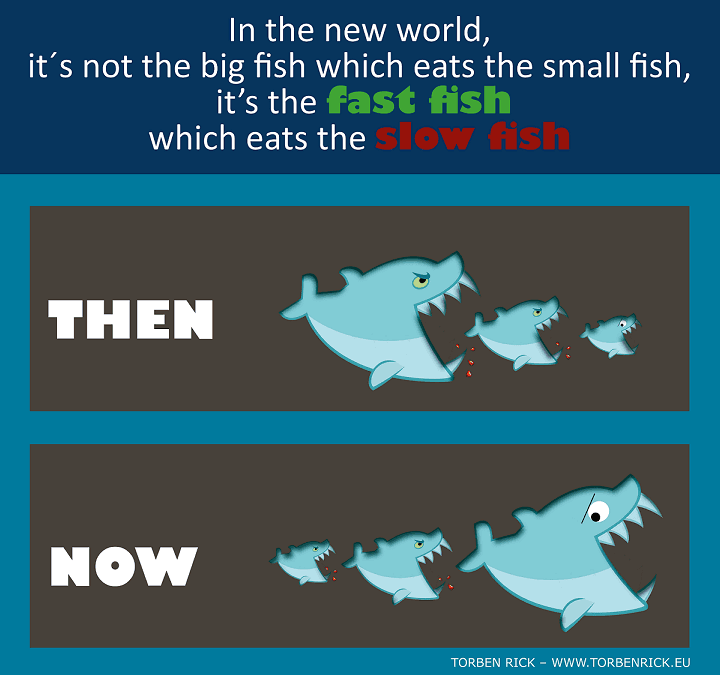
Fast fish eats slow fish – Disruptive change – Better swim! swim! swim! Some companies must learn to swim faster …… and others must learn to swim
It is no longer the size of a company that defines its successfulness
Today it is no longer the size of a company that defines its successfulness, but its ability to react fast to the changes.
Success breeds complacency. Complacency breeds failure
Competitive advantage depends on the ability to move quickly, decisively and efficiently in sensing, responding to and exploiting change in the business environment. Organizational agility is needed.
Being agile is what makes or breaks a company in these new and exciting times.
Short URL & title:
Fast fish eats slow fish — https://www.torbenrick.eu/t/r/lex
Share it:
If you enjoyed this article, please take 5 seconds to share it on your social network. Thanks!
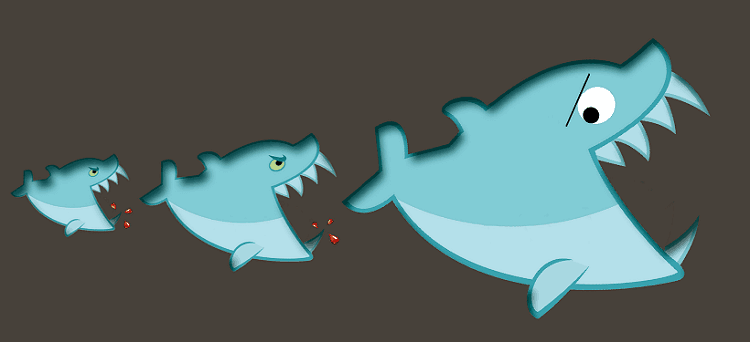
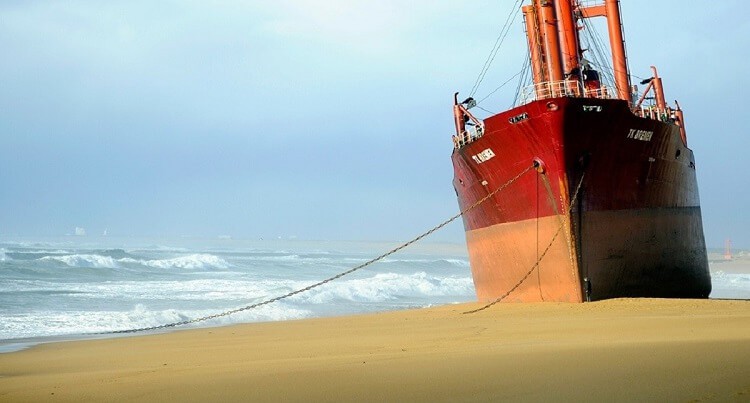



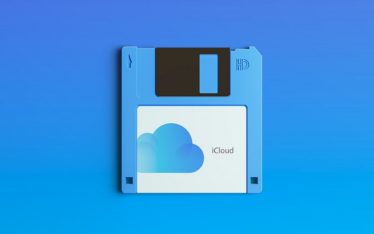
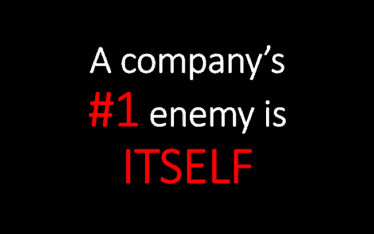

About The Author
Torben Rick
Experienced senior executive, both at a strategic and operational level, with strong track record in developing, driving and managing business improvement, development and change management. International experience from management positions in Denmark, Germany, Switzerland and United Kingdom